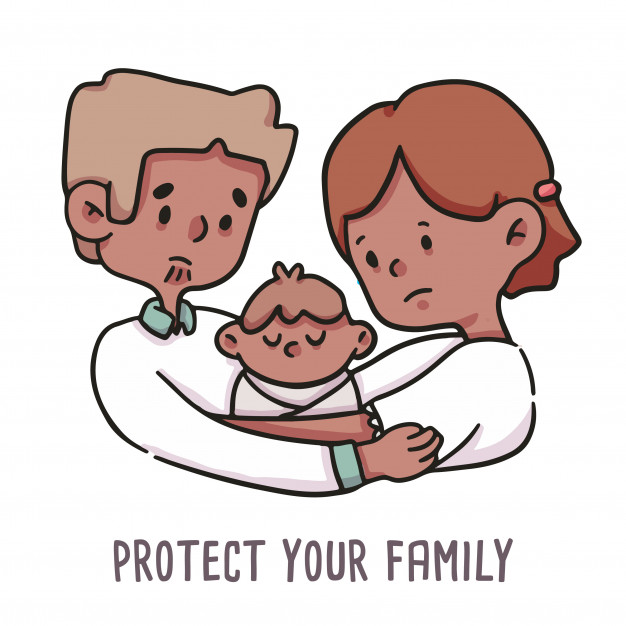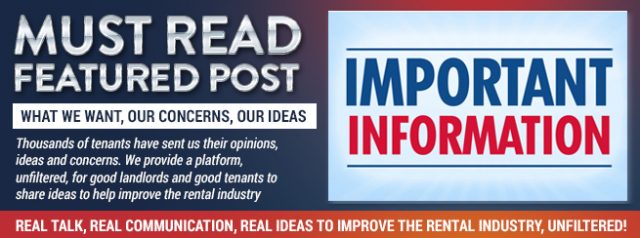
EVICTION HELP: THE TENANT-LAWYER CONNECTION PORTAL
There was an excellent story by CBC news explaining how Tenants can now get free legal help from an Ontario lawyer.
YES, FREE LEGAL HELP FROM AN ONTARIO LAWYER.
Unlike the venomous “work for the highest bidder” low-life legal reps that want to evict tenants, hurt families and destroy lives, there are lots of good lawyers out there.
They are successful already and don’t have to be “bottom-feeders” like what many landlords are hiring to try to destroy tenant lives. Tenants face so many scary challenges these days. It ranges from defamation and illegal tenants lists (direct link here) to landlords not keeping the rental property safe from fires.
Good lawyers believe in justice and fairness and they can protect you from the low-class sharks that are used as weapons against Tenants during the current corrupt LTB Hearing system.
They aren’t desperate to make a “quick buck” abusing the system to please their landlord paymasters.
A Lawyer Is Like Your Bodyguard Against Landlord Bullies!

“DON’T BULLY MY CLIENT LANDLORD! OBEY THE LAW OR GET WRECKED!”
Having your own lawyer makes sure your landlords treat you with respect! If they think you are weak they will bully you, but if they know you are protected they will change their tune fast!
The Ontario Bar Association has launched a new pro bono legal service to help tenants at risk of losing their homes when residential evictions resume across the province in the coming weeks.
The enforcement of eviction orders was paused in Ontario when the provincial government introduced a stay-at-home order on Jan. 14 to slow the spread of COVID-19.
Evictions have since resumed across most of the province, though the moratorium will remain for Toronto, Peel Region and North Bay-Parry Sound until at least March 8.
Ontario’s Landlord and Tenant Board is expected to begin processing a growing backlog of cases as enforcement resumes more widely across the province.
“There will be a wave of hearings,” said Doug Ferguson, the bar association’s chair of pro bono work.
“And there will be a wave of evictions.”
The new service offers 30 minutes of free legal advice for tenants facing eviction hearings.

‘Tenants are stuck’
Ferguson said lawyers who volunteer for the program will walk clients through their tenant rights, and help them to negotiate agreements with landlords, such as deferring payments or delaying an eventual move-out date.
The goal, he said, is to better prepare tenants for hearings that have the potential to fundamentally disrupt their lives.
“The tenants are stuck,” Ferguson said. “When you don’t have the legal training or the information you need, it makes it very difficult to make your point.”
The bar association says it has enough volunteer lawyers to assist 100 clients per week. Some tenants in particularly complicated situations may receive more than the 30 minutes of free counsel, if the lawyer agrees to help them further.
The provincial government says it encourages tenants and landlords to reach “fair arrangements,” such as deferring rent or finding alternative payment arrangements.
Thousands of Toronto tenants facing evictions
Renters across Canada have reported difficulty making their rent throughout the pandemic, mainly due to job losses and increased economic instability.
A survey released in January by the Canada Mortgage and Housing Corporation found that rent arrears increased nationally due to COVID-19, with 58.3 per cent of survey respondents reporting a higher rent arrears rate in 2020 than the previous year.
Toronto recorded the highest arrears rate, with 34,858 units, more than 10 per cent of the city’s rental stock, in arrears in 2020. The estimated amount of unpaid rent reached $55 million in Toronto last year.
Kiri Vadivelu is among the thousands of local tenants in arrears and now facing eviction. He hasn’t paid rent at his Scarborough apartment since April 2020 when he lost his job as a security guard.
“It is extremely, extremely frightening because if my landlord can evict me, I have no means to pay, and I have [nowhere] to go. What am I going to do?” said Vadivelu.
He and his wife are awaiting the birth of their first child this spring.
“I’m afraid our family is going to be homeless.”
Vadivelu is also an organizer with the tenant advocacy group Toronto ACORN, which has called on the provincial government to ban all residential evictions, hearings and orders until the pandemic ends.
The Ontario NDP has made similar demands.
Ferguson, of the bar association, did not echo those calls, though he did raise similar concerns about the possibility of tenants across the province being pushed out of their homes.
“At this point in the pandemic, to have thousands of people homeless cannot be good for our communities,” he said.
“Not good for public health and not good for our economy.”
Don’t Estimate The Depths Landlord Desperate Legal Reps Will Go!

“I will evict each and everyone of these tenants so I can finally make enough cash to buy my Ferrari and Miami beach luxury condo!”
Tenants know that landlords (including small landlords) are hiring expensive legal help to try to steamroll Tenants and kick us out of our homes.

Get Help Here.
With LTB hearings now online, many Tenants claim adjudicators (judges) at the Landlord and Tenant Board are stomping on our legal and human rights!
Make sure you get a free lawyer and make sure your landlord knows you have a lawyer helping you so they must RESPECT YOU!
















